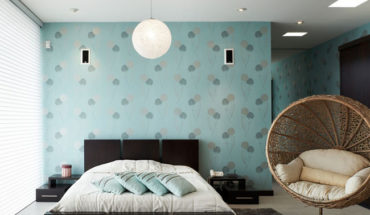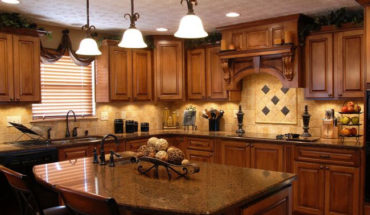Your Airbnb listing had nearly 100% occupancy this year or you’ve been able to get the highest nightly rental rate consistently. So you must be getting the most out of your unit right? Probably not.
In this Part 1 of a two part series, find out why you’re most likely leaving (a bunch) of money on the table.

High Occupancy Not Always Good for Your Airbnb Listing
This is a very common mistake among new hosts–focusing too much on getting and keeping a very high occupancy.
It feels good to have your listing quickly booked up and remain booked up well in advance. You feel like you’re doing well because you have few if any open nights.
The problem though, feeling it isn’t the same as actually getting the most from your listing.
Having very high occupancy early on and more than 4 weeks out means one thing: YOU ARE CHARGING TOO LITTLE.
And you’re leaving money on the table. It’s take a look at this example:

Here are three hosts making the same amount of rental revenue per month from the unit, all assuming an average of 3 nights/booking and it takes the hosts 2 hours of “work” per booking.
Looking at total revenue only, they look the same at $3000/month. However, when we factor in their time, we see that Host #2 booking fewest nights at the highest rate is getting the best return on her time.
The problem with being at 100% occupancy is you DON’T know how far you could charge more and STILL keep the same occupancy. If Host #1 were actually able to get a$125/night, then she’d be leaving $750/month on the table. If it were $143/night, then she’d be leaving $1300/month on the table!
The key is to make sure you’re not 100% occupied more than a month in advanced. And be willing to risk a few open evenings to test higher rental rates in order to find what your optimal rental rate is.
High Nightly Rates With Inconsistent Occupancy Also Bad
The other mistake new hosts make with leaving money on the table is to focus solely on keeping the highest nightly rates possible all year around.
Let’s take a look at an example below:

Host #1 maintains a high monthly rate of $150/night throughout the year while Host #2 attempt to balance nightly rate with healthy occupancies.
As you can see, even though Host #1’s average nightly rate of $150 is well above Host #2’s $123, if the occupancy during slower months is lower, the loss potential for Host #1 can be large.
By reducing the rents accordingly during the slower months, Host #2 is ultimately able to achieve higher total rents for the year. Having rates that fit the timing of the year matters.
Occupancy and Pricing Must Be Balanced
These two levers are the BIGGEST levers an Airbnb host has within her control. Don’t squander it.
In the next two posts, we’ll explore various tools and techniques to determine your opportunities in both of these levers and see exactly how much you’re leaving on the table.
Read Part 2 here.

✔ How to avoid the BIG mistakes that most hosts make
✔ The secret weapon of all Top 1% Hosts
✔ The pricing strategy used by professionals
✔ How to consistently get gleaming 5-Star reviews
✔ How to free up your time without becoming a "robotic host"
This free training is brought to you by James Svetec an Airbnb Expert who has managed over $1M in bookings & Symon He, the founder of LearnBNB, the #1 Airbnb hosting education blog.
Learn about all of the secrets that professional hosts don't want you to know




Is there actual data on Airbn occupancy rates by zip code in FL? Where? Thanks
Yes, check out AirDNA.co